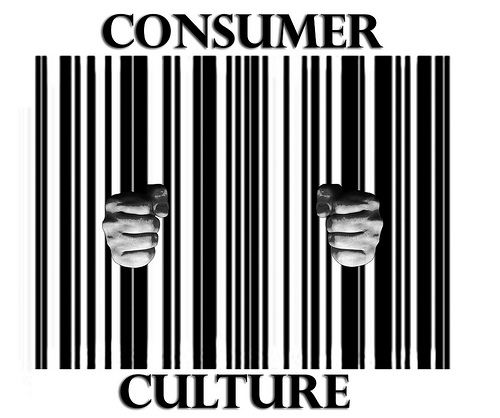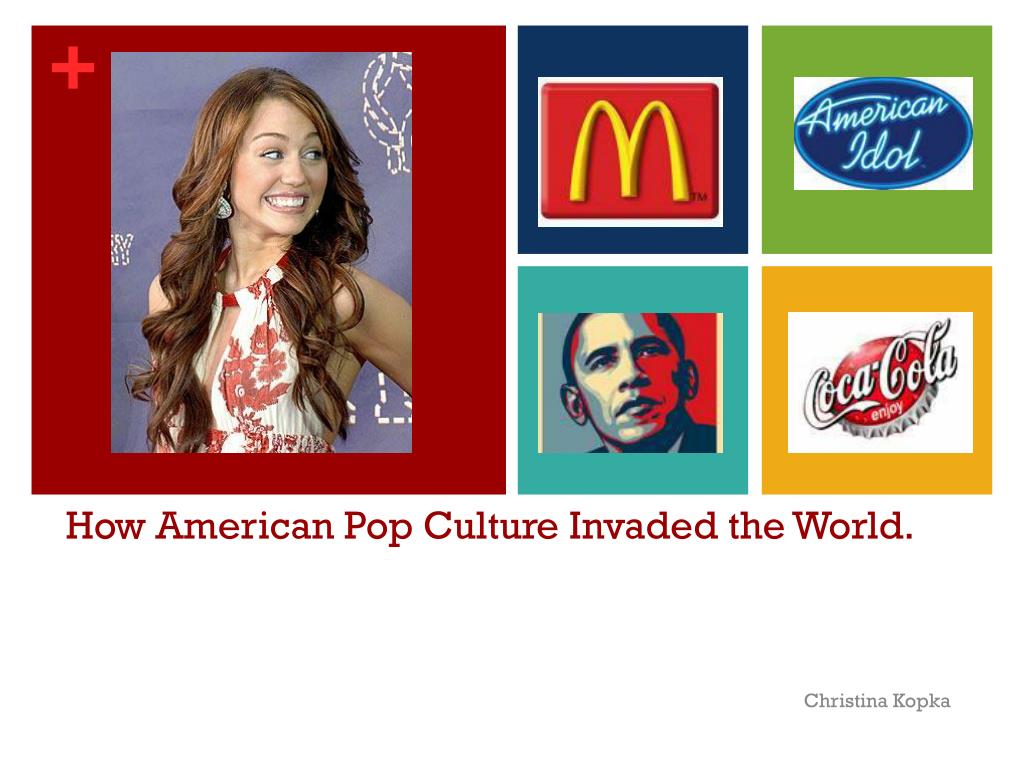
There are many types of religions. The term "religion", however, can be used to describe them all. This article will examine the various religions, as well as those that are found in Asia, Africa, or the Americas. You can also use the term "religion", to refer to a specific group of people such as Christians or Jews.
Religions in America
America's religions are dominated in part by Christianity and its branches. These religions have had a significant influence on American culture and law. Religion has pervaded Americas from the Native American settlement to the European settlement. Here are some noteworthy examples.

Indigenous and African Diaspora Religions in the Americas focuses on spirit-based religious traditions found across the Americas. These include the United States, Haiti, Cuba, the Dominican Republic, Mexico, Brazil, and Chile.
Asia has many religions
Asia's religions include a wide range of beliefs and practices. These traditions are often deeply rooted into a culture’s history. Although each tradition has its own characteristics and history they all have the same goal: moksha (liberation), a state where one is completely spiritually enlightened.
Asians have deep spirituality and moral wisdom. These qualities are what give them their "being Asian" identity. The Gospel of Jesus Christ can be used to communicate with the Asian soul in harmony and complementarity.
Europe is home to religions
The majority of people in Europe describe themselves as Christian, and are part of a large number of Christian denominations. These denominations can be divided into three main groups: Orthodoxy (including Eastern Byzantine Orthodox), Roman Catholicism and Protestantism. These denominations also contain many minor ones.

Europe has many religions. These differences are influenced by many factors. For example, modernization, national identity, and communism are all major factors. This allows us to explore the impact of these factors upon religion in Europe.
FAQ
What is some pop culture from 2020?
Music is rapidly changing. This year, artists like Travis Scott, Post Malone and Billie Eilish all reached number one on Billboard's Hot 100 charts. This was a record-breaking feat for any artist.
This is also true for streaming services. Spotify reported that they streamed over 10 billion hours of audio content last year alone. This is five times more than what Spotify users listened to just five years back!
This has resulted in a major shift in the way people consume media. The majority of people now spend their time reading content, rather than creating it.
All age groups, including toddlers and retirees, have access to audio content. This means that anyone can record, edit, mix, and release their music.
To play your favorite song you don't have a degree in classical music theory. Download an app, add your voice, then upload them to YouTube.
You don't have to be a musician, but you can watch others make it. There are countless channels dedicated to making videos of songs ranging from covers to parodies.
What is the popular music culture?
Popular music culture is a dynamic phenomenon that can take many forms.
Music and lyrics are the main characteristics of popular music culture. It also encompasses the influence of visual media, such as film, television, fashion, advertising, etc., on artists' careers and public perception.
It's also how fans interact and support their favorite artists.
A key element of popular music culture are the "superstars", which are musicians who have achieved fame or fortune.
These icons transcend many genres and have become cultural icons. Their popularity has also influenced the development of popular music.
Some other elements of popular music culture are:
* The rise in recording technology - from acoustic instruments, to electric guitars, and microphones.
* The inventions and use of the radio and record player;
* The birth and rise of rock & roll.
* The introduction TV and film
* The advent of MTV and VH1;
* The creation the internet.
What are some examples of pop culture 2021?
Two hijacked airplanes from terrorists crashed into New York City's twin towers on the 11th September 2001. This day would become known as 9/11.
The popular culture was impacted by these events and continues to be today. We can see the many ways that this event has influenced us.
Television shows like 24 and movies like United 93 are included. They tell the story of the events that took place on the flight from Boston, Massachusetts to Los Angeles on September 11, 2001. Dexter Filkins' book The Forever War is also included.
We all remember where we were when we first heard about the attacks. Some people got out from bed to go outside. Others watched the TV or read newspapers.
Pop culture changes each year. It is both a reflection of society, and it can also be a source for inspiration. What will the future look like for popular culture? We are not able to predict the future. We know that it will be different from what it was before.
What are some positive features of pop culture?
Pop culture doesn't have to be bad. Pop culture can be used to spark conversation. It allows people to express creativity. Pop culture can be used as a platform for artists to promote and market their work.
Pop culture brings people together. Everyone wants the same show. Everyone enjoys the same music. And everyone likes the same movies. Pop culture allows us to connect.
Problem is, not all pop culture has the same health benefits. Many films glorify violence. Some TV programs mock people with mental disabilities. Some bands even encourage their fans to use drugs.
So what do we do when pop culture has negative aspects?
We should try to avoid the negative parts of pop culture. We should not allow it to influence our lives. It can be a problem for our health. It can lead to crime. It can even cause problems in our relationships.
We need to consider whether pop culture is helping society or hurting it. Is it promoting good values? Are people being indoctrinated to do terrible things?
And finally, we should ask ourselves whether we're happy with the kind of world we live in. Do we like the music we listen to? The TV programs we watch What clothes do we wear?
If we care about our future, we must take responsibility for our actions. The first step is to decide the type of world we want. This will allow us to choose the right kind of pop culture.
Who was the first to coin the term Pop Music
Frank Zappa invented it. His style of music was described by Frank Zappa using the term pop music.
He stated that he wanted music that was accessible to all. He called his music "pop music".
Zappa also created the phrase "You know it's POP when..." which means that something is really popular if many people enjoy it. For example, Michael Jackson's Thriller album is one of the best-selling albums ever.
Zappa's definitions for pop music are quite different from the current. Pop music encompasses all types of music. However, in the past, only certain genres of music were considered to be pop.
What can pop culture teach us about ourselves?
Modern society places more emphasis on material possessions than other things. This is particularly true for young people. They spend hours daily looking at screens. They look at screens and watch videos, as well as play video games and surf the Internet. All of these distract them from the task at hand, which is to complete school work. As a consequence, they often fail classes.
In today's world, everyone wants to be accepted. That means being popular. Popularity is dependent on having money, clothes, or other possessions. This makes it easy for some people to do wrong.
We have become dependent on technology. Technology has given us access to all kinds of information. Not all information is correct. False rumors are all over the Internet. These rumors spread fast because people share them on social networking sites. It is easy to share something without verifying its truth.
People are losing their ability to think critically. They believe what they see online. They believe what they read in magazines or on TV. They stop thinking about themselves. Instead, they follow the crowd.
We lose control of our lives when we depend on others to tell we what's going on. Pop culture encourages us to rely on others. It also makes us lazy. Although the truth is out there and we often don't find it, it can make us lazy.
How did pop culture develop?
The development of popular culture was driven by technology. It developed as people became more mobile. The invention of the radio made mass communication possible. This led to the rise of television which then gave birth to the internet.
Computers became popular at home when people were introduced to computer games. These games were originally played on consoles like Sony Playstation 3 or the Nintendo Wii. They are now free to download online. Many youngsters now choose to play videogames over watching TV.
Video games are very much in demand among teenagers and children. They can be played alone or with friends via the internet. Call Of Duty and Grand Theft Auto games are very violent. Parents are concerned about their children playing these violent games. Others find it exciting to see what happens when a character dies.
Music videos are another way pop culture influences youth. They provide information about celebrities and current trends. Young people enjoy watching them. It is clear that music plays a significant role in our lives.
Special effects are used to enhance songs in music videos. Rappers, for example, use makeup and wigs in order to appear more attractive. Some musicians have to go through extreme physical and mental challenges in order show their bodies. Many singers perform while wearing costumes.
Today there is so much music to choose from. You can listen to whatever you like. But this isn't always good news. Music can sometimes encourage violence. People become angry when they hear certain lyrics and words. Sometimes, they even commit crimes.
This happened recently with rapper 50 Cent. A line in his song Get Rich Or Die Trying reads: "I'm gonna shoot a mamafucker down / It's not clear why but it might." Some people thought that this song meant that he would cause death. A man threatened him by calling him. 50 Cent updated the lyrics. It now reads: "I'll shoot an inchch down/ I'm not sure why, but I may."
Popular culture is essential. We must understand its effects on us. We won't be able protect ourselves from its negative effects if we don't.
Statistics
- For example, the term hater meaning someone who strongly undermines or criticizes others, often due to pathetic jealousy, likely emerged from hip hop culture, such as the term playa hateras, used by influential rapper Biggie Smalls as early as 1995. (simplicable.com)
- [17][18][19]Definition[edit]According to author John Storey, there are various definitions of popular culture. (en.wikipedia.org)
- Yet a Nielsen study shows they account for 42% of the country's most-watched content on streaming services. courtesy Nielsen (npr.org)
- Latinos represent roughly 19% of the U.S. population. (npr.org)
- According to Kathryn Sorrells (2013, pp. 142-144), there are several ways that we can become informed consumers of popular culture. (socialsci.libretexts.org)
External Links
How To
What are some notable pop culture references?
Americans were obsessed about space travel during the 1960s. Star Trek was at the time the most watched TV show.
The original series aired from 1966 to 1969 on NBC. It featured William Shatner, Leonard Nimoy, Mr. Spock, DeForest Kelley, James Doohan, Dr. McCoy, and James Doohan as Scotty. (Wikipedia)
In 1967, the first feature film based on the series premiered. Paramount Pictures released "Star Trek" as the title. Robert Wise directed the movie. It featured an ensemble cast that included William Shatner and Leonard Nimoy as well as DeForest Kelley and James Doohan. (Wikipedia)
In 1968, the second season of the television series began airing. This season featured the crew travelling back in time to 1969. (Wikipedia)
The television series' third season began airing in 1971. This season introduced a new character named Commander Richard A. Morn. He was a Starfleet starfleet officer, who was born on Earth in 2063. (Wikipedia)
A live-action spinoff of Star Trek: Planet of the Apes was also produced during this period. It aired from 1972 to 1974. (Wikipedia)
The fourth season debuted in 1973. Two new characters were introduced in this season's fourth season: Ensign Ro Laren and Lieutenant Ilia. They were both played by Marina Sirtis. (Wikipedia)
In 1975, the fifth season of the television series premiered. This was the last season that aired before the franchise went into hiatus. (Wikipedia)
After the television series was canceled, several attempts were made to revive it. Some of them were a 1977 pilot episode called "Where No Man Has Gone Before", which was unsuccessful in finding a partner studio or network. (Wikipedia)
Star Trek: New Voyages is an animated series that aired in 1998. It lasted for only 13 episodes. (Wikipedia).
After a seven-year break, the sixth series of the television series returned to the screen in 2009. It was called "Enterprise" It aired five seasons up to 2013. (Wikipedia)
There were also three feature films produced during this era. The first movie was released on September 12, 1979. It was titled "Star Trek: The Motion Picture". Nicholas Meyer directed it. It starred William Shatner and James Doohan as well as Leonard Nimoy and Walter Koenig. Majel Barrett Roddy and Ricardo Montalban were also featured in the film. (Wikipedia)
The sequels were released in 1982 & 1987, respectively. They were titled "Star Trek II: The Wrath of Khan" (or "Star Trek III): The Search For Spock. Both of these movies were directed by Nicholas Meyer. (Wikipedia)
2001 saw the premiere of the seventh season. It was entitled "Encounter at Farpoint". It was the first episode in the show's history that did not include any guest stars. (Wikipedia)
2005 was the last episode of the television series. It was titled "All Good Things...". It was written by Ronald D. Moore. David Livingston directed the film. (Wikipedia.)
A brand new Star Trek TV series premiered in 2008 It was called "Trek Nation". It's currently being broadcast on CBS. (Wikipedia). The story of "Trek Nation", a group of people coming from different walks of society, who form their own United Federation of Planets. Their goal? To help other planets find peace. (Wikipedia). "Trek Nation" is a very interesting concept because it shows how diverse people can come together and create something good. (YouTube Video)
I think you should read some books about the timeline of Star Trek. Gary Wolfe's Star Trek Chronology is a great place to start. There are many more books available online.